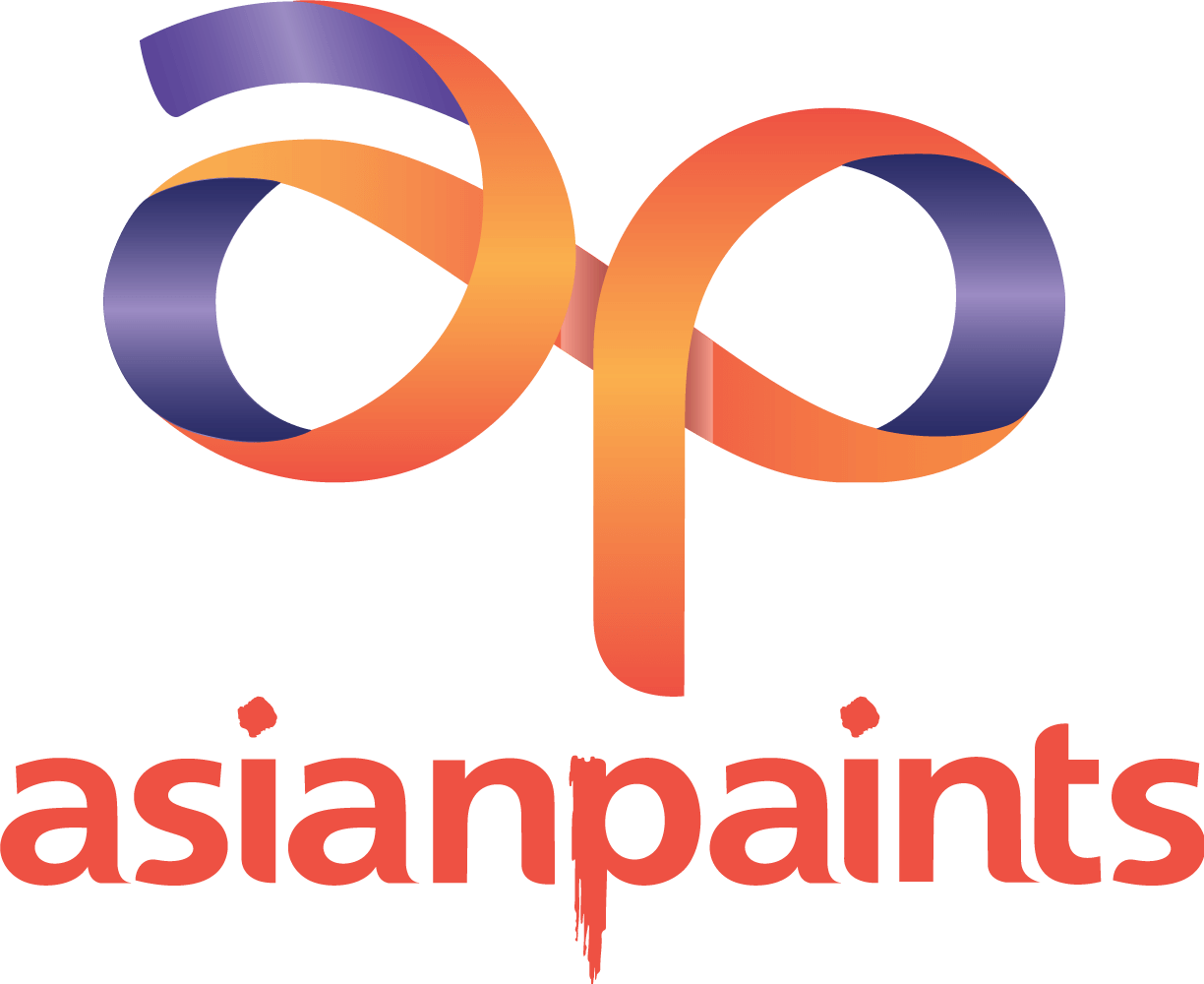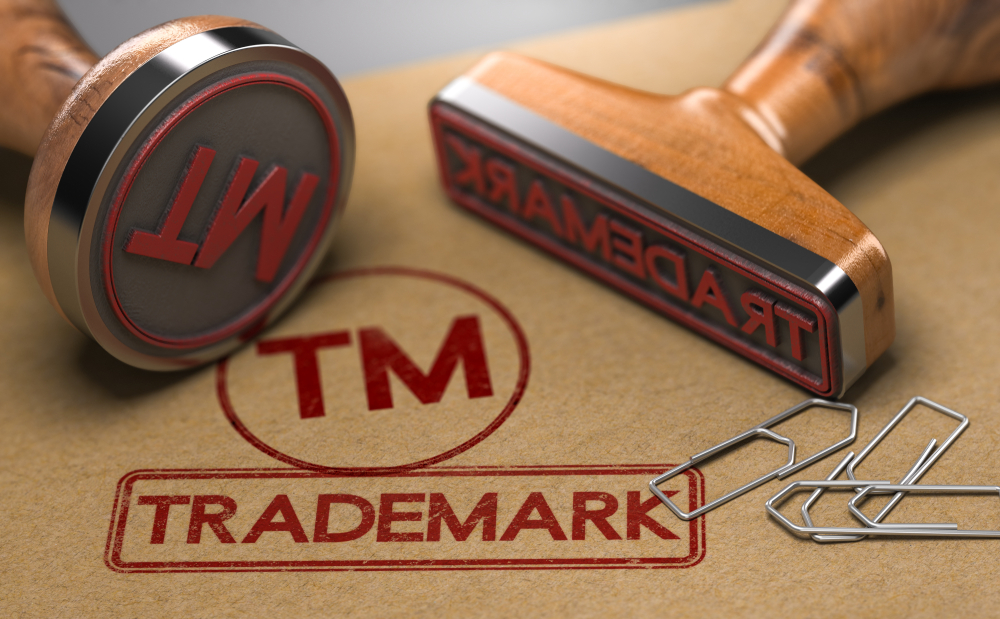Written by Ronsiya Roy, Legal Intern, and Verified by Sunil Jose, Managing Attorney, Suns Legal.
VISA INTERNATIONAL LTD. VS VISA INTERNATIONAL SERVICE ASSOCIATION & ANR. 2024 LIVELAW (CAL) 182
The Calcutta High Court’s recent decision will likely lead to the rejection of more than one lakh trademarks registered in the last two years, as the court held that under section 3(2) of the Trademark Act, 1999, contractual officers are not empowered to perform ‘quasi-judicial functions.
While deciding whether the orders passed by two Associate Managers of the Trademarks Registry are valid, the court held that the registrar is a quasi-judicial authority, and their power to delegate is only an administrative power and not quasi-judicial power, and under section 3(2) of the Trademarks Act, the ‘Associate Manager’ appointed are not authorized to pass quasi-judicial orders. Three appeals were considered together in this case. The appellants filed the appeals under section 91 of the Trademarks Act, 1999, against the orders passed by two Associate Managers. The first two appeals were filed against the order passed on 16th September 2023 by Mr. Shraman Chattopadhyay, and the third appeal was against the order passed on 6th October 2023 by Mr. Saurabh Dubey.
The learned counsel for the appellants submitted that one of the associate managers passed the orders beyond his contract period as a hearing officer. The appellant’s counsel further submitted that the order of 9th June 2023, which assigned six officials of the Trademarks Registry with powers of disposing trademark applications, conducting hearings and adjudicating matters, and passing speaking orders, didn’t empower the Associate Manager with these duties and the organizational structure of the trademark registry has no mention of the post of ‘Associate Manager.’
The appellant’s counsel pointed out that according to the notification dated 17th February 2011, wherein the exercise of powers conferred by the proviso to Article 309 of the Constitution of India, the trademarks registry has notified Recruitment Rules of several posts, however there is no mention of the post of Associate Manager. Additionally, the appellant’s counsel relied upon the judgment “Intellectual Property Attorneys Association v. Union of India (2014 SCC OnLine Del 1912),” in which it was held that ‘the power vested in the Registrar of Trademarks is quasi-judicial.”
To the contentions raised by the appellants, the counsel for the respondent submitted that by way of a public notice, hearing officers are appointed on a contractual basis. Following the public notice, a walk-in interview was conducted, and by an ‘office order’ (hereinafter as order) dated 27th May 2022, Mr. Shraman Chattopadhyay was appointed as the hearing officer.
The respondent’s counsel submitted that according to the order dated 28th November 2022, the powers conferred upon the Controller General of Patents, Designs and Trademarks (Registrar) under section 3(2) of the Trademark Act can be delegated. Further, the order of 24th May 2023 enabled the Head Offices of Trademark Registry to assign works to contractual employees through the Quality Council of India (QCI); as a result, Mr. Shaurabh Dubey was appointed as Associate Manager.
The Calcutta High Court held that as per section 3(1) of the Trademark Act, the ‘Controller-General of Patents, Designs, and Trademarks is the Registrar of Trademarks.’ Further, section 3(2) provides that the Central government appoints ‘other officers’ to exercise the function of the registrar, and these officers should act only if the registrar authorizes it.
The court held that as per section 3(2) of the Trademarks Act, the expression ‘other officers’ indicates officers other than the registrar, and the word ‘officers’ indicates that they should be from the cadre of officers. The Central Government appoints the other officers under this provision to discharge the Registrar’s functions under the Registrar’s supervision. However, “the quasi-judicial functions of the registrar are to be performed independently and not under the supervision of any person, including the registrar.” Section 3(2) of the act is intended to empower the delegation of only administrative power and not quasi-judicial power.
Further, the court observed that as per the offer of engagement provided for Shri Shraman Chattopadhyay, it was mentioned that he couldn’t continue his contract period beyond 31st May 2023; however, he passed the disputed orders on September 16th. The court also noted that the recruitment rules submitted by the appellant’s counsel do not mention an associate manager.
Therefore, the court set aside and quashed the orders passed by the associate managers and directed the registrar or any competent officer to dispose of the matter within six months.
Author’s Comments
This case is an example of judicial intervention to uphold the legality of due procedure for granting intellectual property rights. The court interpreted the provision of section 3(2) of the act and explained the meaning of each expression before quashing the orders passed by the officers employed on a contractual basis. Quality Council of India (QCI) is an autonomous body that has hired hundreds of contractual employees to hear and dispose of several patent and trademark cases in the past two years. Under this contract, several trademark-related orders were passed by officials not empowered by the statute. A legal practitioner brought the matter before the court by challenging the orders passed by Associate Managers of the Trademark Registry. Thus, it is praiseworthy that one keen observation and conscious mind prevented the continuation of a trademark process that is legally unenforceable.





